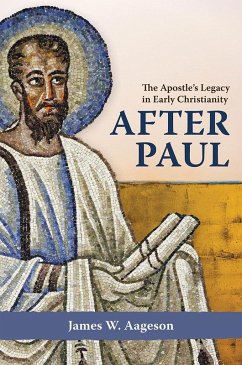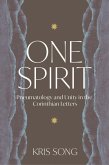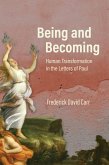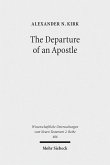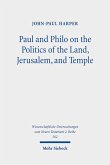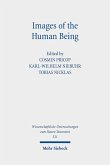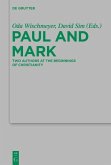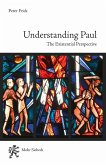After Paul: The Apostle's Legacy in Early Christianity focuses on the many ways Pauline thought and tradition were reinterpreted, reused, reframed, and reconstructed in the first centuries of Christianity. James W. Aageson contends that it is insufficient simply to focus on Paul or on his legacy in the Greco-Roman world; what is needed is a bifocal look at Paul with the reference points being both how Paul transformed his own thinking and later how Paul and his thought were transformed by others in the church.
To speak of Paul's legacy implies more than the reception of his texts, his ideas, or his theology. It also implies more than the interpretive techniques or the references to Paul by early post-Paul writers. It refers to the apostle's wider impact, influence, and sway in the first centuries of the church as well. The questions he addressed, his impulse toward theological reflection and argumentation, and his approach to pastoral and ethical concerns undoubtedly influenced the future course of the Christ movement. Aageson's investigation takes up the issues of memory and metamorphosis, conflict and opposition, authority and control, legacy and empire, the church and the Jews, women and marriage, Paul in place, and church unity to pinpoint interrelationships and interactions among important strands in Paul's thought, persona, and authority as together they interfaced with the changing culture and social life of early Christianity.
After Paul is not intended to be a history of the first centuries of Pauline Christianity nor an exhaustive account of everything that pertains to the early development of Paul's legacy. Rather, Aageson endeavors to plot connections, identify patterns, and develop a theoretical context for understanding Paul's legacy in early Christianity. The picture that emerges is one of continuity and discontinuity between Paul and Pauline tradition as the historical Paul became a figure of memory and remembrance, framed and reframed. This specific investigation offers a fresh entry point to understanding the larger question of how the Christian tradition came into its own as a social body and religious movement that could endure even after Paul.
To speak of Paul's legacy implies more than the reception of his texts, his ideas, or his theology. It also implies more than the interpretive techniques or the references to Paul by early post-Paul writers. It refers to the apostle's wider impact, influence, and sway in the first centuries of the church as well. The questions he addressed, his impulse toward theological reflection and argumentation, and his approach to pastoral and ethical concerns undoubtedly influenced the future course of the Christ movement. Aageson's investigation takes up the issues of memory and metamorphosis, conflict and opposition, authority and control, legacy and empire, the church and the Jews, women and marriage, Paul in place, and church unity to pinpoint interrelationships and interactions among important strands in Paul's thought, persona, and authority as together they interfaced with the changing culture and social life of early Christianity.
After Paul is not intended to be a history of the first centuries of Pauline Christianity nor an exhaustive account of everything that pertains to the early development of Paul's legacy. Rather, Aageson endeavors to plot connections, identify patterns, and develop a theoretical context for understanding Paul's legacy in early Christianity. The picture that emerges is one of continuity and discontinuity between Paul and Pauline tradition as the historical Paul became a figure of memory and remembrance, framed and reframed. This specific investigation offers a fresh entry point to understanding the larger question of how the Christian tradition came into its own as a social body and religious movement that could endure even after Paul.
Dieser Download kann aus rechtlichen Gründen nur mit Rechnungsadresse in A, D ausgeliefert werden.

